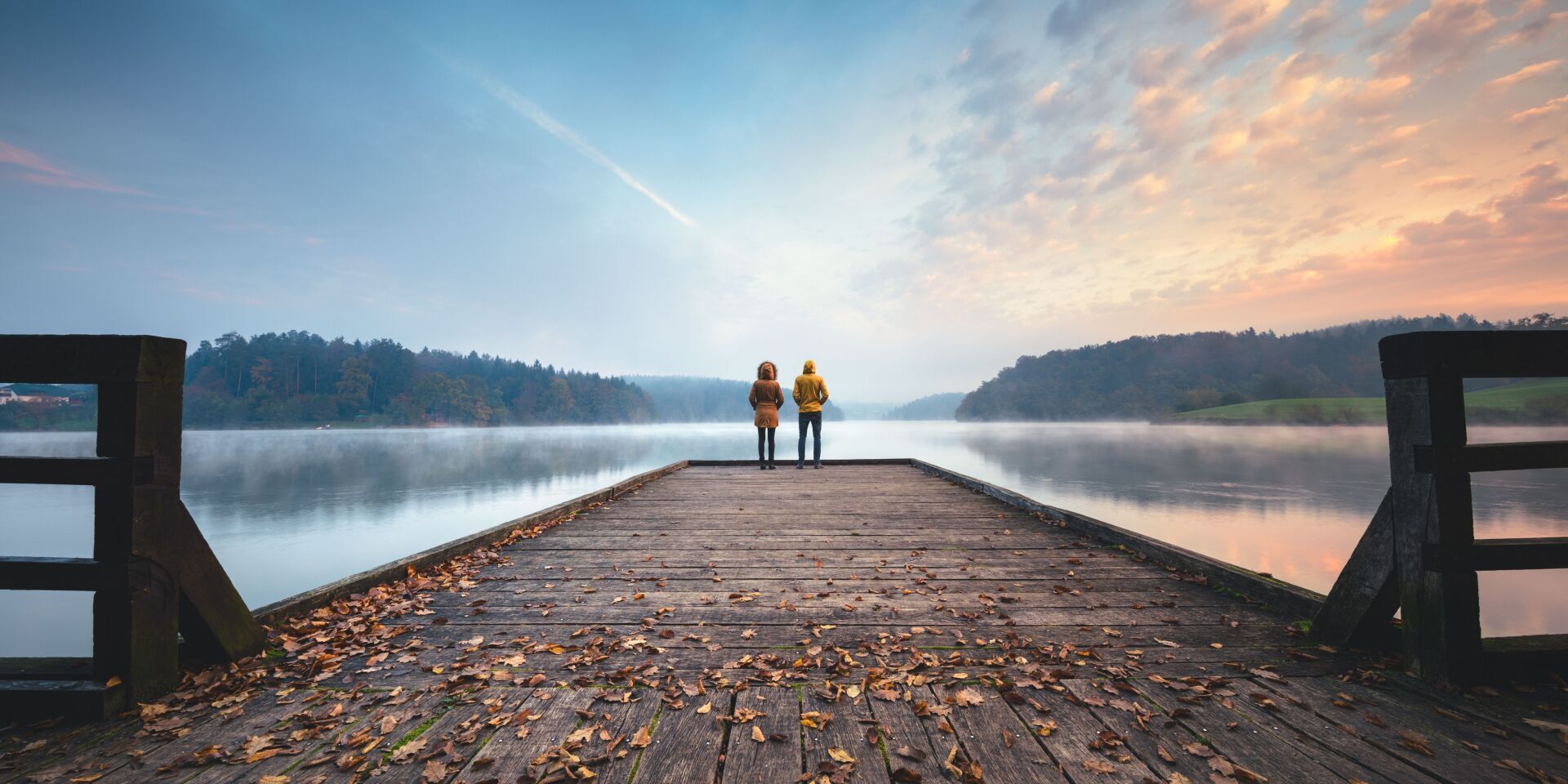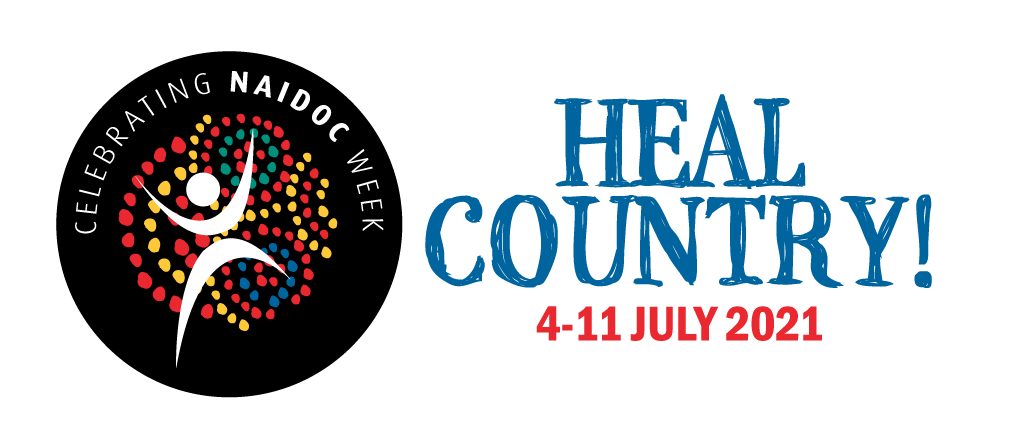By Caitlin Saville
•
August 11, 2021
WORLD SUICIDE PREVENTION DAY is time for the community to join together to focus on the needs of people at risk of suicide, suicide attempt survivors and people bereaved by suicide. Through diverse activities, we can help promote an understanding of suicide and highlight effective prevention activities. The International Association for Suicide Prevention suggests activities that actively educate and involve people who are likely to be most effective in helping people learn new information about suicide and suicide prevention. These include: Launching new initiatives, policies and strategies on World Suicide Prevention Day, September 10th. Holding conferences, open days, educational seminars or public lectures and panels Writing articles for national, regional and community newspapers, blogs and magazines Placing information on your website and using the IASP World Suicide Prevention Day Web banner, promoting suicide prevention in one’s native tongue. Organising memorial services, events, candlelight ceremonies or walks to remember those who have died by suicide Asking national politicians with responsibility for health, public health, mental health or suicide prevention to make relevant announcements, release policies or make supportive statements or press releases on WSPD Holding depression awareness events in public places and offering screening for depression Organising cultural or spiritual events, fairs or exhibitions Organising walks to political or public places to highlight suicide prevention Holding book launches, or launches for new booklets, guides or pamphlets Distributing leaflets, posters and other written information Organising concerts, BBQs, breakfasts, luncheons, contests, fairs in public places Writing editorials for scientific, medical, education, nursing, law and other relevant journals Disseminating research findings Holding training courses in suicide and depression awareness Lighting a candle near a window at 8 PM in support of: World Suicide Prevention Day, suicide prevention and awareness, survivors of suicide and for the memory of loved lost ones. Find “Light a Candle Near a Window at 8 PM” postcards in various languages Participating in the World Suicide Prevention Day – Cycle Around the Globe Submitting a listing of World Suicide Prevention Day events and activities. Learn more









